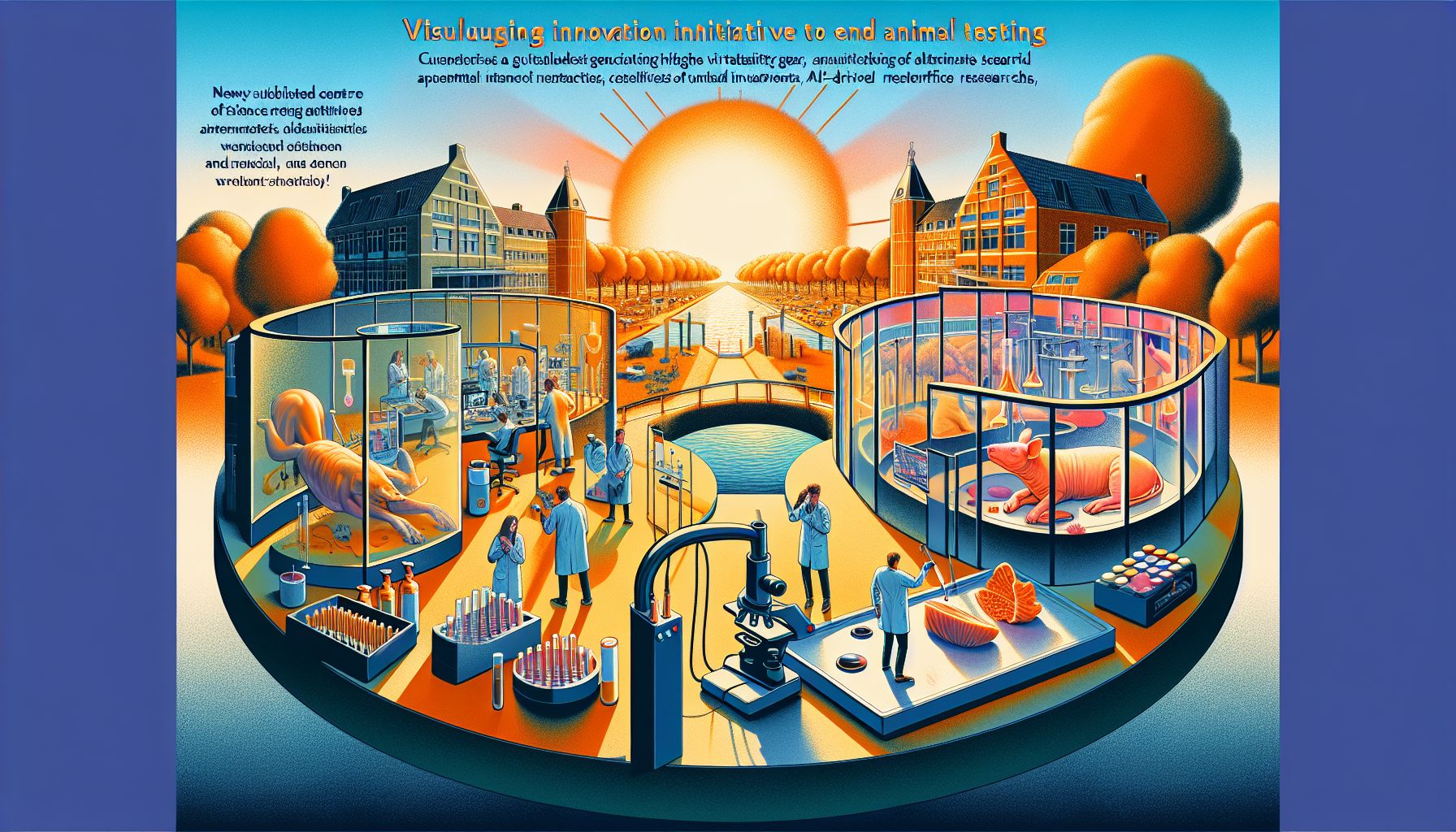Netherlands Accelerates Push to End Animal Testing with Major Innovation Initiative

The Hague, Tuesday, 19 November 2024.
In a groundbreaking development, the Dutch government is spearheading a comprehensive transition to animal-free research methods. The initiative combines cutting-edge virtual reality, plastination techniques, and alternative testing methods, positioning the Netherlands as a global leader in ethical scientific innovation. Key developments include a new Centre of Excellence at Utrecht University and substantial investments in AI-driven research alternatives, marking a significant shift in how medical and scientific research is conducted.
Revolutionizing Research with Innovative Technologies
The Transition to Animal-Free Innovation (TPI) is a pivotal initiative led by Staatssecretaris Rummenie, aiming to reduce reliance on animal testing and promote alternative research methods. Key to this transition is the establishment of the Centre of Excellence for Plastination and Virtual Reality at Utrecht University. Located in the Netherlands, this center is at the forefront of integrating extended reality (XR) technologies into life sciences, particularly veterinary medicine. The center focuses on developing realistic anatomical models that replace animal dissection, thereby enhancing educational and research methodologies.
Benefits of Animal-Free Innovations
Animal-free research methods offer significant benefits, including improved accuracy in scientific studies. Unlike traditional animal tests, which often fail to predict human outcomes accurately, non-animal models provide more reliable data for developing new drugs and treatments. For instance, the Centre of Excellence’s use of XR in plastination allows for detailed, lifelike representations of animal anatomy, which are crucial for training and research without ethical concerns associated with using live animals. These advancements not only protect animal welfare but also potentially increase the speed and efficiency of research and development in the life sciences industry.
Global Impacts and Collaborative Efforts
The Netherlands’ commitment to animal-free innovation is part of a broader global movement. Organizations like Animal-Free Science Advocacy in Australia and InVitria in the United States are also pioneering efforts in developing and advocating for non-animal research methods. InVitria, based in Colorado, specializes in creating animal-free components for cell and gene therapy, emphasizing scalable and sustainable production. These global collaborations highlight the increasing momentum and shared commitment to ethical research practices across borders.
Future Prospects and Challenges
As the TPI progresses, challenges remain, particularly in scaling these innovations and ensuring widespread adoption across scientific communities. Nonetheless, the Dutch initiative serves as a model for other nations, demonstrating the feasibility and benefits of transitioning to animal-free research. By prioritizing ethical considerations and leveraging advanced technologies, the Netherlands is not only setting a precedent but also paving the way for a future where scientific progress is achieved without harm to animals.

